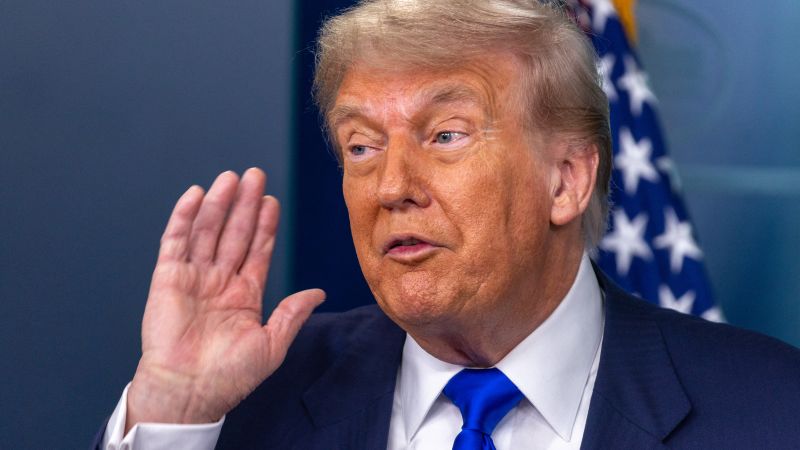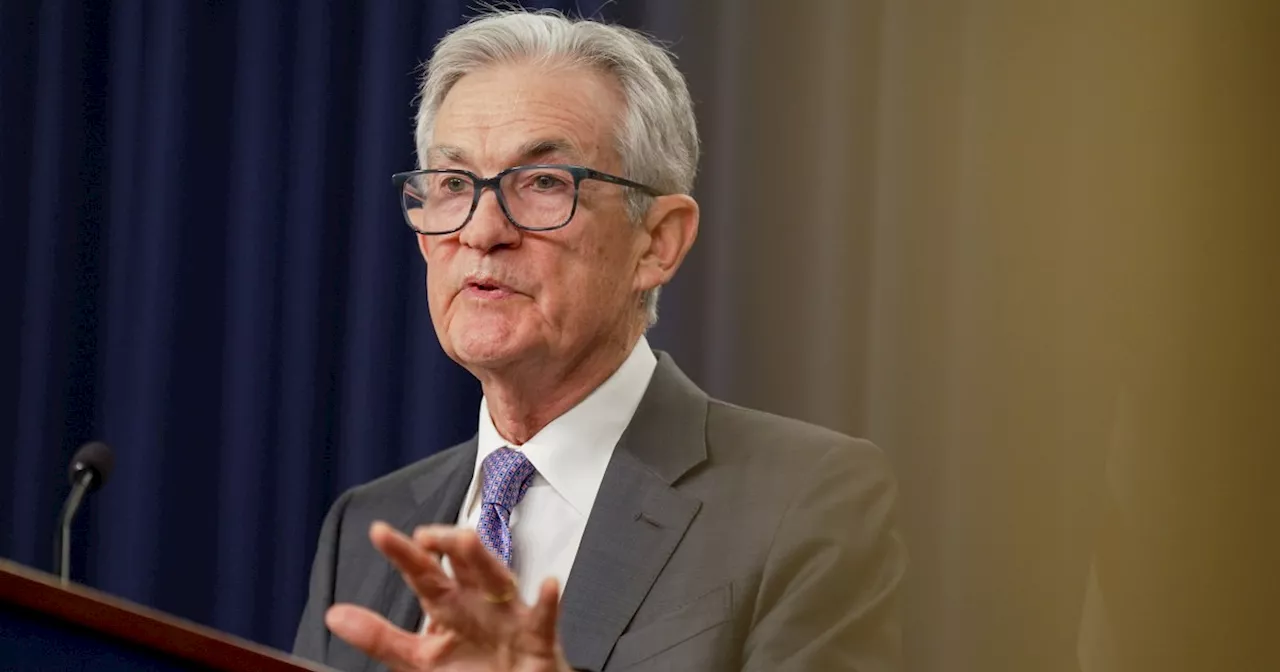
US President Donald Trump has cast doubt on the possibility of reaching a trade agreement with Japan, following a series of pointed remarks about Japan’s trade practices. On Tuesday, aboard Air Force One, Trump expressed skepticism about a deal, citing longstanding grievances over trade imbalances. “We’ve dealt with Japan. I’m not sure if we’re gonna make a deal, I doubt it, with Japan,” he told reporters. “They and others are so spoiled from having ripped us off for 30, 40 years that it’s really hard for them to make a deal.”
The announcement comes as the July 9 deadline for the end of a 90-day pause on Trump’s “reciprocal tariffs” approaches. Japan, a key trade partner and security ally in East Asia, faces a 24% levy on its exports to the US, a measure initially introduced on April 2. Trump’s comments coincided with Japanese Foreign Minister Takeshi Iwaya’s visit to Washington for a Quad meeting with counterparts from Australia and India, and followed Japan’s chief tariff negotiator Ryosei Akazawa’s recent trip to Washington for trade talks.
Trade Tensions and Tariff Talks
Japan has been actively seeking to negotiate terms that would alleviate the impact of US tariffs, particularly those affecting its automotive industry. However, Trump has remained firm in his stance, indicating no plans to extend the tariff pause beyond July 9. “I’m not thinking about a pause,” he said, adding that some countries might face prohibitive trade restrictions. “But for the most part, we’re gonna determine a number,” he stated, referencing the potential tariff rate.
On social media, Trump accused Japan of not purchasing American rice, a claim contradicted by trade data. According to the US Census Bureau, Japan imported $298 million worth of American rice last year, and $114 million between January and April this year. Trump, however, reiterated his stance, stating, “They need rice so badly, but they won’t take rice.” He also claimed that Japan does not import US cars, despite data from the Japan Automobile Importers Association showing that 16,707 American automobiles were imported last year.
Historical Trade Relations and Current Challenges
Historically, US-Japan trade relations have been characterized by mutual economic interests and occasional tensions. The current impasse, primarily over automotive tariffs, highlights the challenges in balancing these interests. Japan has hoped for a reduction in the 25% tariff on cars, a significant sector of its economy, but Trump has not shown willingness to compromise.
In mid-June, Japanese Prime Minister Shigeru Ishiba met with Trump during the G7 summit to discuss trade, yet the meeting did not yield significant progress. The ongoing negotiations underscore the complexity of the issues at hand, with both sides striving to protect their economic interests while maintaining a strong bilateral relationship.
Expert Opinions and Future Prospects
Trade experts suggest that the current stalemate could have broader implications for international trade dynamics. According to Dr. Emily Chen, a trade policy analyst, “The US-Japan trade talks are a microcosm of the larger global trade tensions. Both countries have much to gain from a resolution, but entrenched positions make it difficult to find common ground.”
“Japan will continue to engage vigorously in sincere and honest discussions toward the realization of an agreement that will benefit both Japan and the United States,” said Japan’s Deputy Chief Cabinet Secretary Kazuhiko Aoki.
As the July 9 deadline approaches, both nations face mounting pressure to reach a compromise. The outcome of these negotiations could set a precedent for future trade talks, not only between the US and Japan but also with other international partners.
Meanwhile, the global community watches closely, aware that the resolution of these trade tensions could influence economic policies worldwide. As discussions continue, the focus remains on finding a solution that respects both nations’ interests while fostering long-term economic stability.







